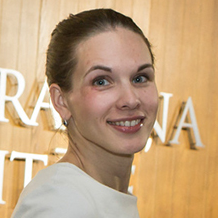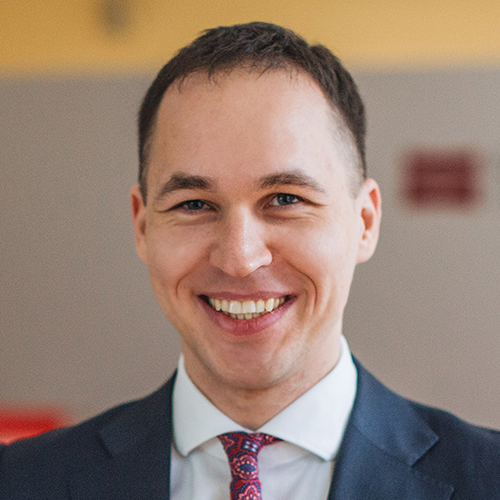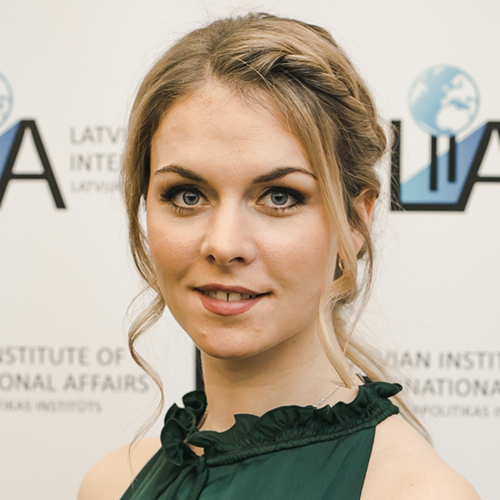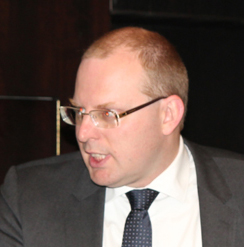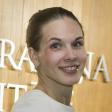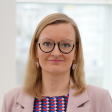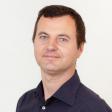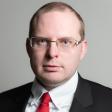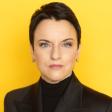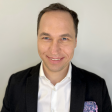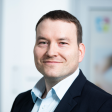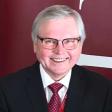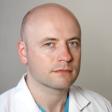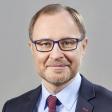Political Science
Prepares highly qualified scientists, lecturers and political institution analysts in political theory or international politics.
Programme Fact File
Management, Administration and Real Estate Management
accredited until
Doctoral Degree (PhD) in Social Sciences
Aims
The aim of the programme is to train researchers, academics, and analysts for political institutions, who are highly qualified in political theory and international politics and engaged in innovative projects.
Objectives
- To promote the possibility for doctoral students to acquire innovative research-based education in political science with an emphasis on interdisciplinarity
- To provide doctoral students with the opportunity to engage in international cooperation in political science networks to facilitate their way towards high quality international publications
- To develop the possibility to independently upgrade own scientific qualifications through national and international political science-based and interdisciplinary research projects
Erasmus+ conditions and RSU partner universities
Defended doctoral theses
- Elīna Vrobļevska: Russia’s Foreign Policy Identity Ideas and Their Manifestation in Foreign Policy 2012–2022 (2025)
- Ieva Bikava: Health Policy Reform in Latvia from 1990 to 2020 in Perspective of Historical Institutionalism (2023)
- Mārtiņš Daugulis: Development of Strategic Foreign Policy Messages of the People’s Republic of China and the Transformation of Collaborative Formats: The Case Study of the “17+1” Cooperation Format (2022)
- Transformation of the Cognitive Script of Latvia’s Defence Sector on the Common Security and Defence Policy of the European Union (2004–2020) (2022)
- Kārlis Bukovskis: Foreign Private Banks as Europeanization Agents: Example of Latvia 1995–2004 (2019)
- Una Aleksandra Bērziņa: Traditional Chinese Discourse in Hu Jintao’s Report to the 17th National Congress of the Communist Party of China (2014)
- Māris Andžāns: Securitization in Defining Regional Security Complexes: The Case of the Baltic States (2004 – 2013) (2014)
- Simona Gurbo: Politics and Religion: Political Behaviour of Clergy in Latvia (2002-2012) (2013)
Research projects involving lecturers and doctoral students of the programme
- National Research Programme project Values in Action: promotion of responsible, secure and educated civil society in Latvia through research and model development
- Rīga Stradiņš University research grant project Societal resilience and psychological defence in small multi-ethnic democracies: the case of Latvia
Testimonials
A PhD is not just for researchers - it offers advantages in any field, boosting its holder's competitiveness, the impact of their opinion and their income potential.
The RSU PhD process is designed to provide maximum support for developing a dissertation. The structure of the seminars allows the PhD student not only to progress in the development of their thesis, but also to get to know others' research progress. The programme provides opportunities for international exchange and focuses on the outcome - successfully defending your dissertation.Dr. sc. pol. Una Aleksandra Bērziņa-Čerenkova
A PhD is not only a scientific qualification, but also a recognition of the professional abilities and achievements of the graduate. In many parts of the world, a PhD is not only something prestige, but also an unspoken necessity for leading civil servants and politicians.
Studying for a PhD in Political Science offers the opportunity to raise your existing knowledge, skills and abilities to a new, higher level. The result will not only enable you to embark on a scientific career, it will also allow you to distinguish yourself qualitatively among others, both in public administration and in the private sector.
Doctoral studies place a strong emphasis on autonomous work - publications and dissertations, participation in scientific conferences, as well as pedagogical work. Experienced supervisors provide continuous support in this process.I invite you to join the young and energetic PhD team in Political Science at RSU and achieve new goals in your personal and scientific development together!Doc. Māris Andžāns, lecturer
"A great deal of world politics is a fundamental struggle, but it is also a struggle that has to be waged intelligently," Zbigniew Brzeziński. Similarly, the PhD process in Political Science is a multi-layered challenge that has to be undertaken sensibly. Doctoral studies offer a wide range of opportunities, as they not only provide factual knowledge, but also thoroughly equips students with critical thinking and reasoning skills. Doctoral studies helps generate new ideas that deepen our knowledge and understanding of one of the most powerful forces acting on individuals, states and corporations today, namely international politics. This kind of knowledge is of great value in today's world and is not only of interest to academics, as it is valued by business leaders, economic planners, policy makers, investors and other industry experts, which only increases our potential as future scholars. Studying for a PhD has broadened my horizons, teaching me that it is healthy to think critically and that thinking critically about politics is a necessity today, not only to understand what is happening, but also to direct my thoughts and generate new ideas. Investing in your own development will always have value. Alongside my studies, my daily work keeps me out of a rut and brings me together with international experts in the field, which is both a challenge and a boost for my personal development. Doctoral studies are a process, and as a result, both I and society at large will benefit.
Sintija Broka, graduate
"You live and you learn" - how often has this saying not come up? But learning can be passive or active. Throughout your life, you can learn what your environment provides, what your circumstances provide. But you can also learn what you want and choose. We can let our environment and events shape our consciousness and understanding. We can let others' opinions determine our perspective. But we can also shape the opinions of others, we can change and influence the environment around us, the discourse around us. It is not through the knowledge of others and by cultivating it that any of us will achieve personal, professional or social excellence. Only by exploring, only by thinking, only by feeling does one create something new, unprecedented and necessary. Each of us has an inherent natural inclination, not towards knowledge, but towards knowing. And this instinct must be fostered in ourselves and in others. J. Maynard Keynes once wrote: "The ideas of economists and political philosophers, both when they are right and when they are wrong, are more powerful than is commonly understood. Indeed the world is ruled by little else." A PhD in political science is a pathway to these ideas. A PhD is only an important intermediate step in formulating your own thoughts and more correct ideas. Ideas that will define, influence and shape our society and the Latvian state.
Dr. sc. pol. Kārlis Bukovskis
